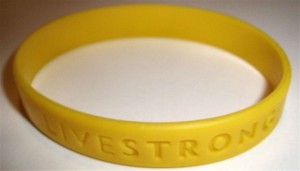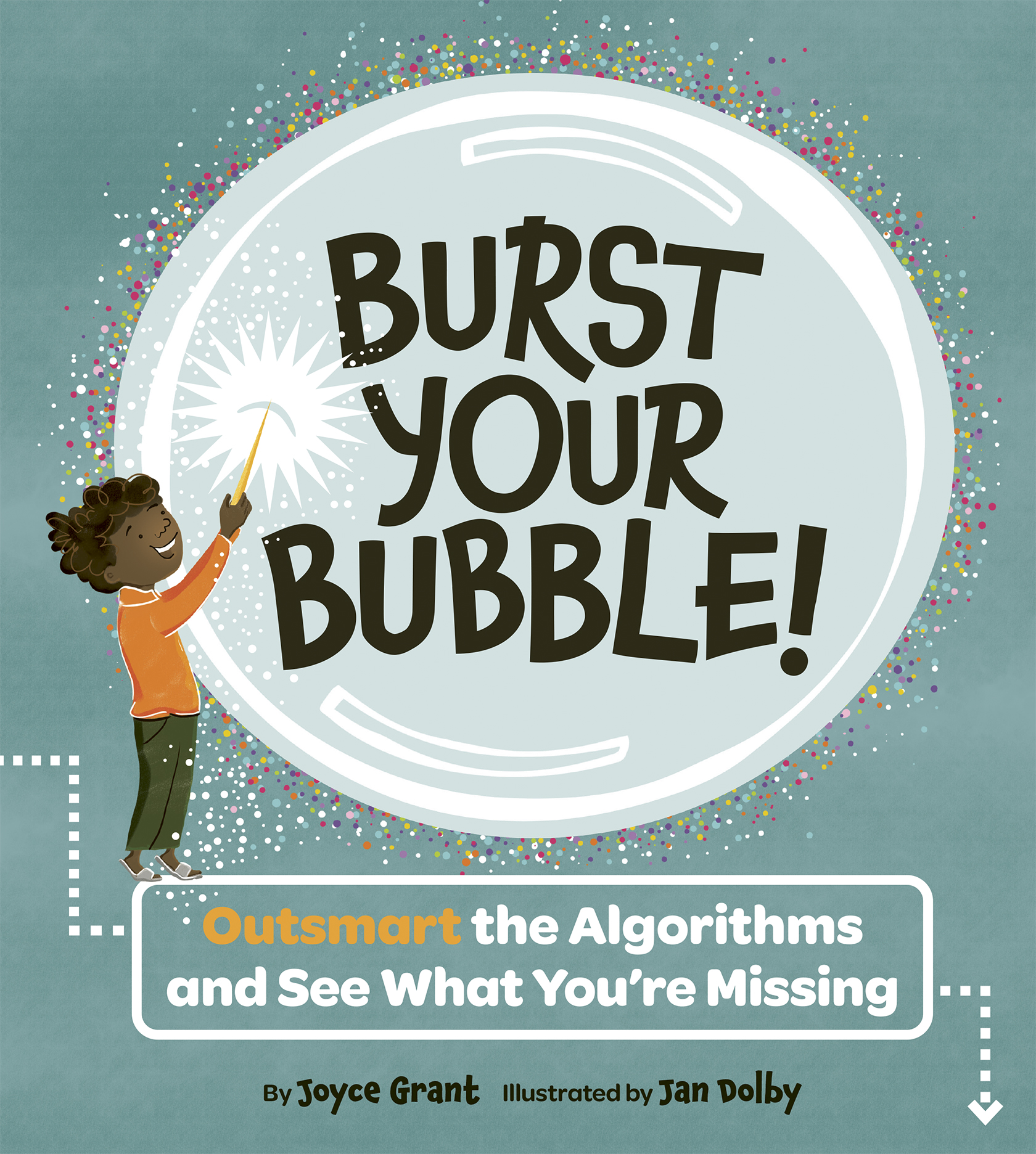
Was there really anyone left who still believed he didn’t cheat?
If so, even they would have to admit that Lance Armstrong did cheat at cycling. That’s because he himself recently came clean about it, to celebrity interviewer Oprah Winfrey.
The renowned cyclist won seven Tour de France victories (from 1999 to 2005)–more than anyone else. The Tour de France is the sport’s most gruelling and prestigious race.
For years, Armstrong has been accused of cheating by using performance enhancing drugs (PEDs) that aren’t allowed in competitive racing.
He always denied it. Vehemently.
After months of investigation, the U.S. Anti-Doping Agency concluded he had cheated. The International Cycling Union erased him from cycling’s history books, making him give back all of his medals including his 2000 Olympic bronze medal. He also had to give back millions of euros in prize money he’d won. He was dropped by his major sponsors (from whom he made more than $75-million a day, according to Armstrong) and he had to resign as head of the Livestrong foundation, which he created to fund cancer research.

Through it all, Armstrong maintained that he’d always passed all of the drug tests, which proved he didn’t cheat.
Armstrong’s position changed last Thursday and Friday, in televised interviews by Oprah Winfrey.
He admitted to using performance-enhancing drugs to win the Tour de France and other races. During the Thursday interview, he told Winfrey that he didn’t consider it cheating–he considered it levelling the playing field. What he meant was that because he felt everyone else in the sport was using the drugs, he had to as well in order to remain competitive.
Armstrong broke down in the second interview when he talked about his son, 13-year-old Luke. He said that he overheard Luke telling someone that his dad wasn’t a cheater. Armstrong said he knew he had to admit to his son that he had cheated, and tell him “don’t defend me anymore. Don’t.”
Related link
Read more about Lance Armstrong and his fight against cancer in this earlier TKN article.
CURRICULUM CONNECTIONS
By Kathleen Tilly
Writing/Discussion Prompt
When you read or hear a news story, it is important to think critically about the story, specifically how it is told and why it is told. One way to do this is by asking questions.
For example: Why did Lance Armstrong choose now to come clean about his cheating? Why did Winfrey choose to interview Lance Armstrong? Why did Armstrong choose to be interviewed by Winfrey instead of another interviewer?
Can you come up with your own critical thinking questions about this story?
Using information from the article, can you infer the answers to any of these questions?
Reading Prompt: Responding to and Evaluating Texts
Lance Armstrong told Oprah that “he didn’t consider it cheating–he considered it levelling the playing field.” What he meant was that because he felt everyone else in the sport was using the drugs, he had to as well in order to remain competitive.
What do you think of Armstrong’s explanation? Do you agree or disagree with him? Why?
Junior
Make judgements and draw conclusions about the ideas and information in texts and cite stated or implied evidence from the text to support their views (OME, Reading: 1.8).
Intermediate
Evaluate the effectiveness of both simple and complex texts based on evidence from the texts (OME, Reading: 1.8).
Grammar Feature: Rhetorical Question
A rhetorical question is said or written to make a point rather than to get an answer.
This article begins with a rhetorical question. Why is this a rhetorical question instead or a regular question? Why do you think the journalist chose to begin the article with a rhetorical question?








